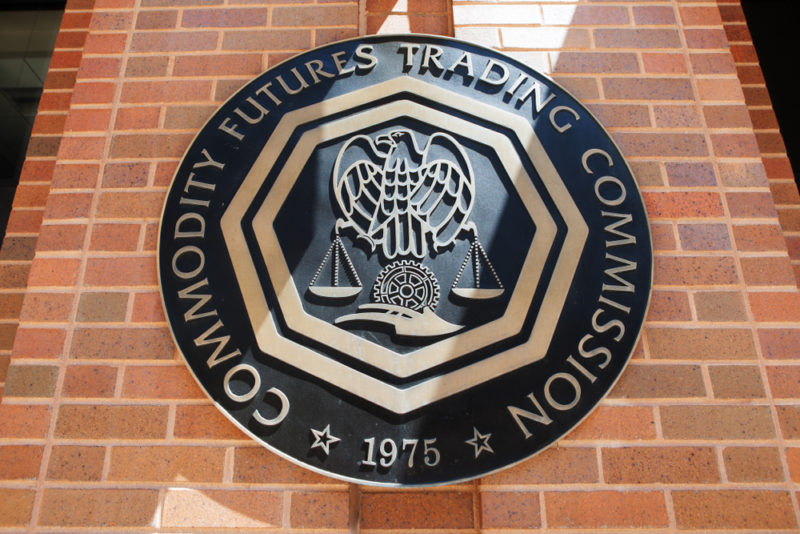Venezuela declared that the pre-sale of its oil-backed cryptocurrency, the petro, has already raised $735 million on its first day.
The private pre-sale of the petro was slated for February 20 at 8:30 am Venezuela time, according to the digital asset’s whitepaper. But at midnight local time on February 20, the government disclosed that the petro pre-sale had begun and released a buyer’s manual and an anti-money laundering (AML) compliance manual.
The whitepaper said that 82.4 million petro tokens were offered for the pre-sale stage. Venezuelan vice president, Tareck El Aissami, verified from Miraflores Palace, “The petro cryptocurrency tokens can be purchased by Venezuelan nationals as well as other foreign nationals.”
The Superintendent of Cryptocurrencies, Carlos Vargas, was quoted as saying:
“The presale and initial offer will be made in hard currencies and cryptocurrencies, but not bolivars…Our responsibility is to put (the petro) in the best hands and then a secondary market will appear.”
Interested parties can actually visit the Etherdelta platform to place their private orders to the Ethereum address given by the Superintendent.
According to the Minister for University Education, Science and Technology, Hugbel Roa, the online traffic to the petro site “quintupled with the global announcement of the pre-sale of the Venezuelan cryptocurrency,” shortly after midnight local time.
In spite of the technical difficulties, Venezuela’s president, Nicolas Maduro, said:
“Venezuela had received $735 million in the first day of a pre-sale of the country’s “petro.”
“The only thing needed for the petro is to open a digital petro wallet,” the petro’s website read.
“Once opened, your wallet will generate an email address that you can share with anyone who wants to transfer PTR to your wallet. You will be able to receive and deposit your PTRs in this email address.”
The buyer’s manual outlines step-by-step the process of how to register and gain access to a petro wallet, which needs prospective buyers to download a zipped, self-deleting installation file.
“The data package for the creation of the digital wallet is configured to self-destruct once the installation is complete,” the instructions cautions prospective users.
Beside the steps to register and install the petro wallet, the manual also discusses protecting users’ private keys but fell short of requesting users to generate a public key, which would be required for any type of cryptocurrency deposit. More interesting was the vague announcement about the use of the NEM blockchain:
“The Blockchain launched by the Venezuelan State has robust security mechanisms since its programming elements are related to a technological platform called: NEM blockchain.”
The cryptocurrency NEM, which utilizes centralized servers operating closed-source code, has been in the news of late fter the hack of one of the largest Japanese crypto exchanges, Coincheck, which lost $539 million worth of the cryptocurrency.

 Business5 days ago
Business5 days ago
 Bitcoin3 days ago
Bitcoin3 days ago
